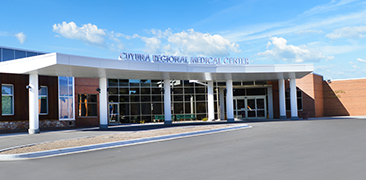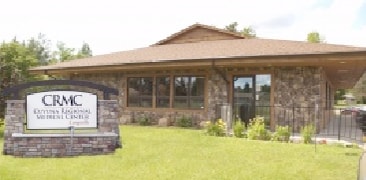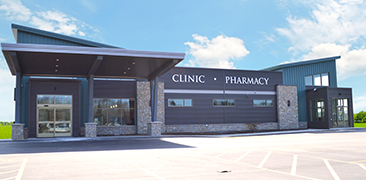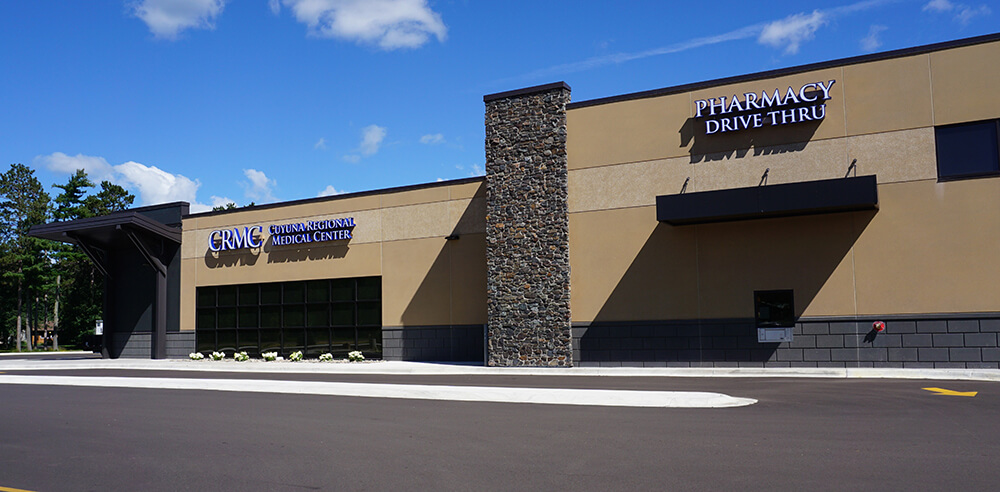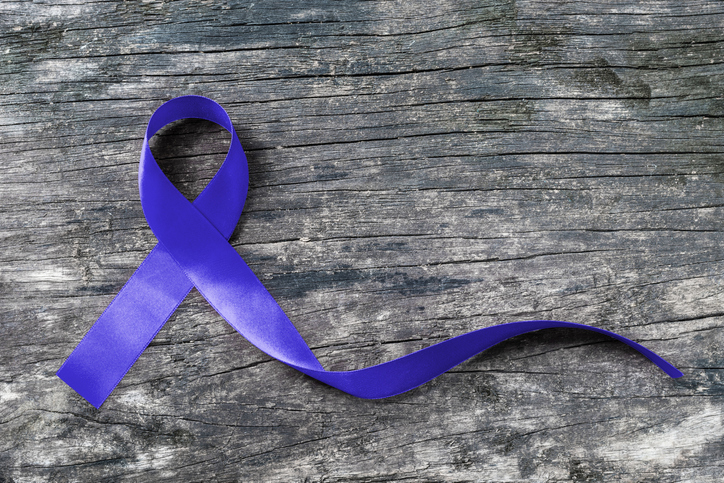
March is national Colon Cancer Awareness Month and Cuyuna Regional Medical Center is trying to raise awareness of this potentially life-threatening disease. The medical campus entrance is lit blue, the color representing colon cancer, and employees will wear blue to work on Tuesday, March 5.
Landmarks and health care facilities across the state, including Target Field and the IDS Center in Minneapolis, 1st National Bank Building and Regions Hospital in St. Paul, Mayo Clinic Plummer Building in Rochester, Enger Tower in Duluth, Lincoln Plaza in St. Cloud, and many more will shine blue from dusk to dawn. The commitment of the Minnesota health care community together with the civic and business participation provides Minnesota a platform to bring attention to the nation’s second leading cause of cancer deaths for men and women in the United States.
The Minnesota business community and the public is also invited to join the Tuesday, March 5, activity. Simply wear a favorite shade of blue or light-it-up with a blue lightbulb. Photos may be shared on Twitter or Instagram using #MNBlue.
Facts about colon and rectal cancer:
1. In 2019, an estimated 2,300 Minnesotans will be diagnosed and 790 Minnesotans may die from colorectal cancer.
2. One in 23 Americans will be diagnosed with colon cancer in their lifetime, one in five of those will be diagnosed under the age of 54.
3. The American Cancer Society recommends that screening for this preventable cancer should begin at age 45 for adults with average risk. Screening should begin earlier for individuals with a family history of colorectal cancer or polyps.
4. In Minnesota the screening rate for colorectal cancer sits at 73.7 percent, increasing that by just one percentage point could mean an additional 10,000 Minnesotans would be screening, saving lives in the process.
What can be done to reduce the risk?
1. Get screened as recommended, starting at age 45, or earlier for those with certain risk factors.
2. Maintain a healthy weight and adopt a physically active lifestyle.
3. Understand the symptoms and talk with your doctor if you experience blood in your stool, chronic constipation or unexplained weight loss.
4. Consume a healthy diet of fruits, vegetables and whole grains while limiting red and processed meats.
5. Limit your alcohol consumption and don’t smoke.
For more information on colorectal cancer screening, prevention and treatment, visit ColonCancerCoalition.org.










